When I first came to Korea, I made the mistake of thinking that I could just wing it and survive in a totally different culture without almost any preparation. Within my first week, I’d read every article on South Korea travel tips available on the internet.
It was embarrassing coming to Korea without knowing how to do the simplest of things by myself, so I went into observation and Korean language study mode. In the meanwhile, I definitely looked ignorant making mistakes I could have easily avoided had I prepared myself beforehand.
For instance, one of the biggest mistakes I ever made was wearing tank tops to school my first few weeks as an English teacher. In the US, it’s nothing to comment on. But in Korea? I was embarrassingly pulled aside at a school assembly and told I was making other teachers uncomfortable, yet I’d been dressing the same for weeks and nobody had said a word. I was mortified.
A smaller error I made during my first week was in assuming that you can just say anything in any way in Korea. But due to Confucian social conventions, there are important levels of formality I should have been mindful of.
Imagine how offended my teacher looked when I replied “Annyeong” without the “haseyo!” It was such an embarrassing moment that, again, I could have avoided had I read some Korea cultural tips before arriving.
We don’t want you to offend the locals, so to ensure that you do not make the same mistakes I did, I made a list of my top South Korea travel tips to help you on your trip.
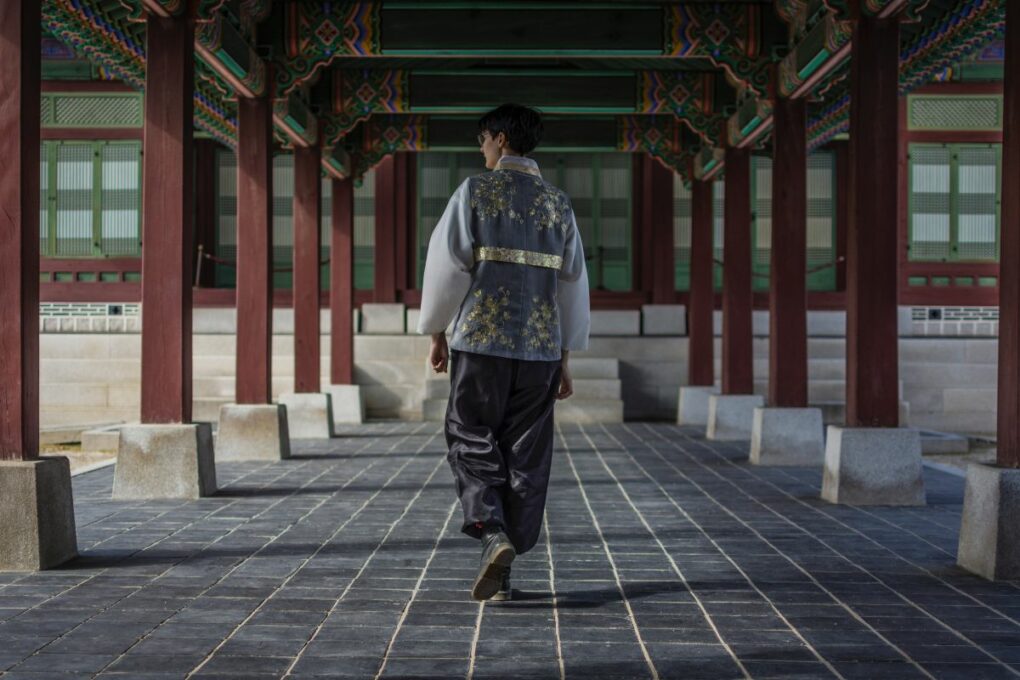
Jump to:
✈️ Basics of Travel in South Korea
Visa: Most travelers will need a K-ETA (Korean Electronic Travel Authorization), applied for at least 72 hours before departure. If you needed a visa before, you'll need a K-ETA now. Note that from April 1, 2023, to December 31, 2025, passport holders from 22 countries, including the US, UK, Canada, and several EU nations, can visit visa-free – no K-ETA required!
Currency: South Korean won (KRW or ₩)
Arrival in Korea: all international flights arrive at Incheon Airport (ICN), one of the best-rated airports in the world. It usually takes about 1 hour to get through security & pick up checked bags.
Getting Around: Korea has an extensive & reliable public transport system. A refillable T-Money card is your ticket to buses and trains across the country; you can buy and refill yout TMoney card at any subways station or convenience store in Korea.
Internet & SIM Cards: Rent a Wi-Fi egg or purchase a prepaid Korean SIM card at the airport, available for up to one month of connection.
Travel Insurance: always recommended, though some credit card companies offers limited coverage when booking.

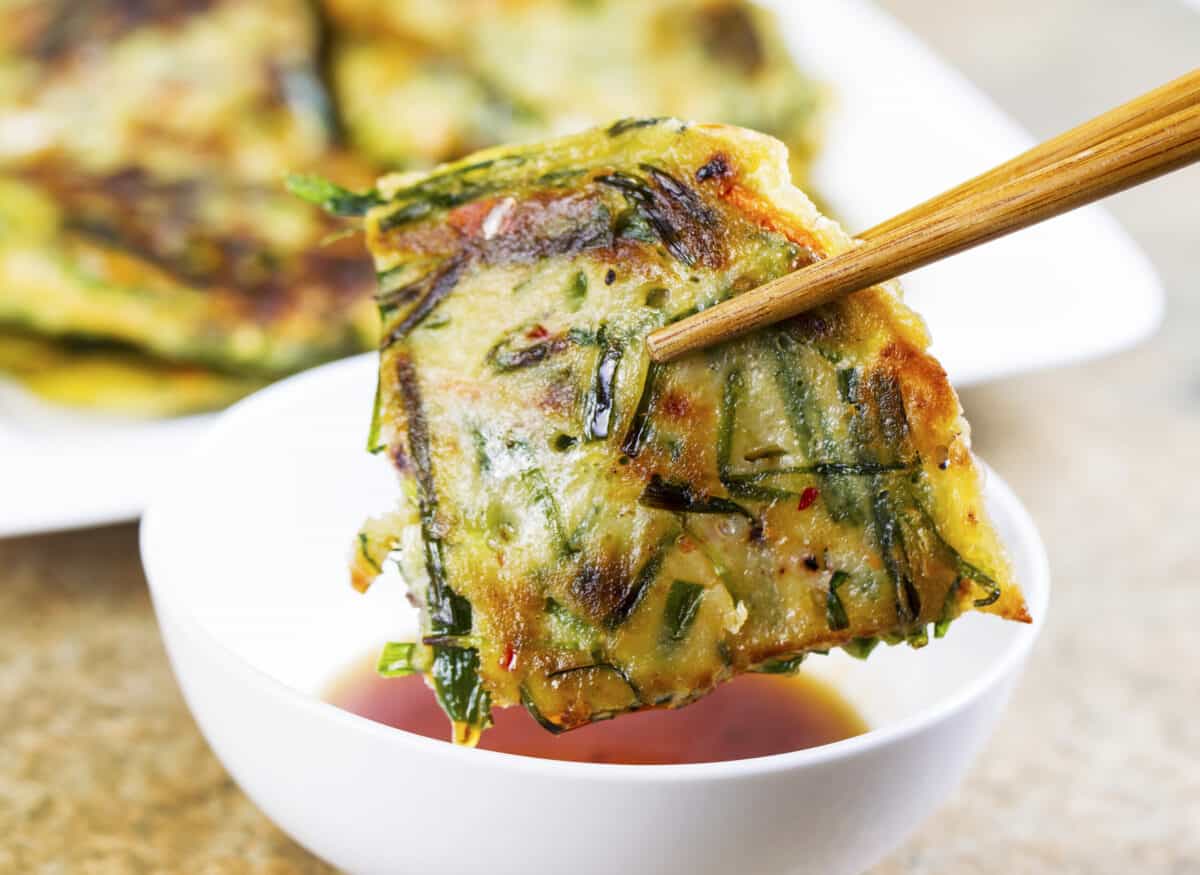
What to Know Before Visiting Korea (Tips From Locals)
Asking about your age is okay
You might feel offended if a Korean person suddenly asks about your age, but this is a totally normal thing to them. Refusing to answer this question also gives them great stress, because then they don’t know how to properly address you; there’s an explicit social hierarchy in Korea.
So as much as this question might make you uncomfortable, understand that this is their custom, and they primarily use it to learn how they should talk to you.
Know the proper honorifics to use
The worst thing about conversing with people is that you don’t know whether you’re using the right honorifics, and there’s always a chance you might use the wrong one.
Even if you’re speaking with them in English, there are different ways to address someone depending on their status (usually relative to yours). So if you’re unsure where you might fall in the hierarchy, you can prepare yourself with this guide on how to properly address people in Korea first.
Don’t forget to bow!
One of the things I’ve learned here in Korea is that: “when in doubt, bow.” Koreans bow whenever they greet, thank, and even apologize. Sometimes I wonder if I’m bowing too much, or if I’m bowing lower than I should.
But Koreans don’t really expect you to bow at all, especially if it’s totally obvious that you are not from their culture, but it’s still respectful and appreciated if you try.
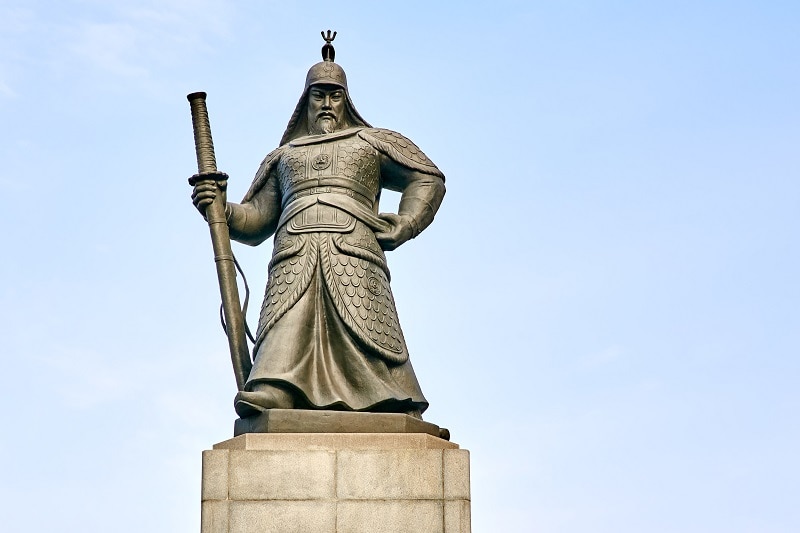
Remove your shoes as soon as you enter a home
One fascinating thing about Korean homes is the existence of the ondol system, or the traditional method of keeping their floors warm. This is why Koreans find winters tolerable and comfortable; their feet are never cold.
The issue with Westerners is that they oftentimes forget this, and they walk into places with their shoes on, leaving grimy bits of dust and pebbles that sully the pristine floors. But shoes are not acceptable in most Korean homes or restaurants, so if you are not comfortable with exposing your bare feet, at least keep your socks on.
Koreans eat from the same bowl
You might think this is unhygienic, but in Korea, this is absolutely normal. Sharing is a massive part of the culture, and if you do not participate in this custom, they may take it personally. Also, while we’re talking about bowls – never lift it up while eating!
Your bowl should stay in front of you at all times, which is why you generally see Koreans stoop over their bowls and scoop food using a soup spoon.
Never stick chopsticks in your food
While sticking our chopsticks in a bowl of rice is not really a big deal to us, to them it’s an insensitive act. This is because it replicates a jesa, or a funeral ritual that Koreans do to offer food to the dead.
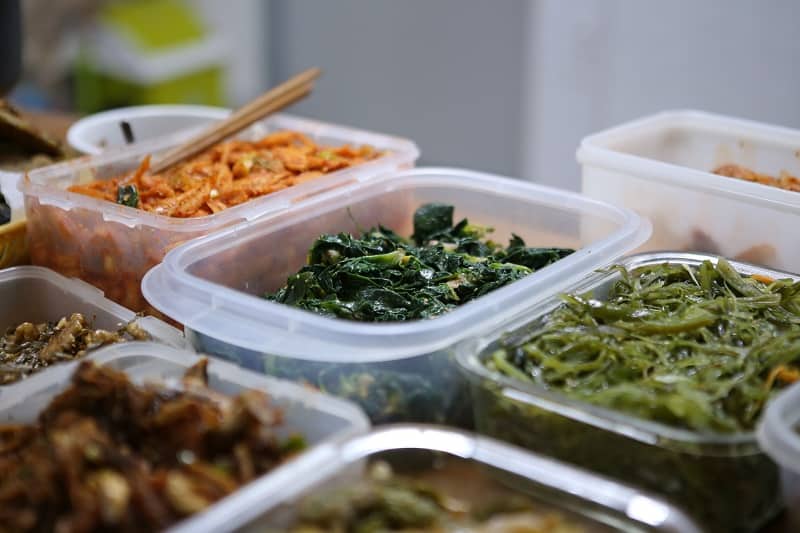
The eldest eats first
Koreans love to eat together, but remember that age matters in Korea, so if the eldest person is not ready to eat yet, you really have to wait.
Also, the seating arrangement when eating is also different in Korea, but my trick here is to wait for everyone else to be seated and then wait for their gesture to tell me where to sit. Works like a charm.
Even if it’s too spicy for you to handle, don’t blow your nose at the table
Koreans are known for their spicy food, and we have a tendency to sniffle if we are not used to it. But Koreans find it rude to blow your nose at the table (and you don’t want to send your snot to the food), so as much as possible, hold it in or excuse yourself to the bathroom. That way you can blow as much as you want without getting flak for it.
If you’re drinking with the elderly, turn your head away when taking a shot
There are so many drinking rules in Korea, and one thing you have to keep in mind is always to mind the seniority. If you have to clink glasses with somebody older than you, make sure your glass is slightly lower than theirs. Then you turn away and take the shot, not looking back until you’re all done.
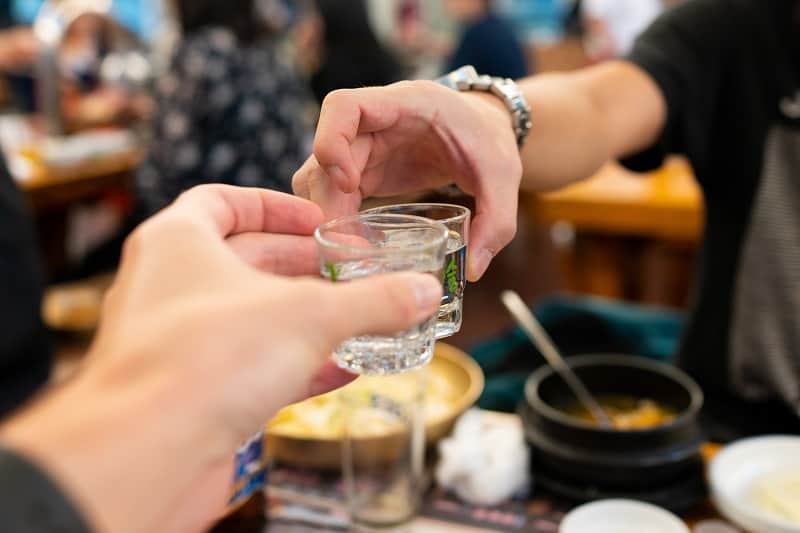
Don’t pour your own drink
You should never serve drinks to yourself in Korea, though if you’re the youngest, you should pour for everyone else. Instead, you should wait until someone pours it for you, and always receive it with both hands.
You should also keep a lookout for whether those who are older than you need a refill, and when you pour, never forget to use both hands.
Don’t tip in Korea!
Koreans do not like it when you tip, as it imbalances a careful power dynamic between customers and proprietors. In Korea, they hold the strong belief that the customer is King, and that they should uphold the highest quality of standards whenever they serve you.
So if you find yourself impressed by someone’s service, just thank them and leave a nice review in Kakao Maps (and offer them a compliment, if you can!).
Writing people’s names in red ink is a big no-no
Koreans love receiving handwritten letters, and if you want to show your gratitude and appreciation for a new friend, a helpful Korean tip would be to avoid red ink. You’ll actually rarely see red ink pens for sale in Korea, because writing names in red ink is believed to bring death upon the person whose name was written.
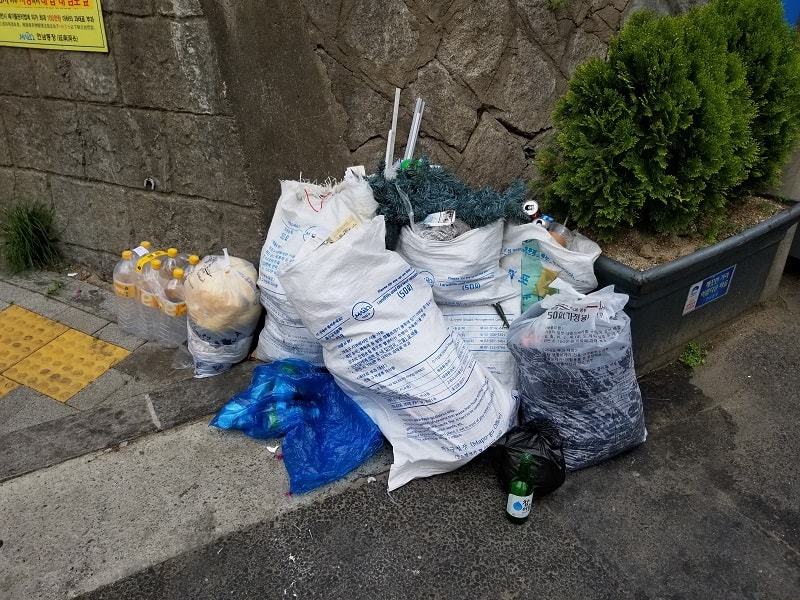
Don’t be part of the problem: toss your trash properly
Korea has a serious littering problem. Even if there are clear, established rules on how to properly segregate trash, you’ll still see bottles, plastic cups, and cigarette butts on the side of the road across the country.
What you can do, however, is to bring your trash with you wherever you go, and throw it in proper bins in the public spaces.
Don’t give gifts in fours
Giving gifts is a big thing in Korea. People seem to love exchanging things as a sign of appreciation, hence Teacher’s Day, Single’s Day, and White Day (all gift-giving holidays). However, if you give them something that comes in a set of 4, they might freeze for a moment, as the number four is inherently connected to death in Korea.
This is because this number sounds a lot like death in their language, so avoid this unlucky number by choosing just one thoughtful gift. There are plenty of places where you can buy gifts in Korea!
Take the time to appreciate a business card
While in Korea, you’ll likely encounter interesting people, many of whom may offer you a business card. This is a common way to non-threateningly try to connect with foreigners, so remember to receive it with both hands.
Then make an effort to at least appreciate the fine details of it before storing it; rushing to pocket these things often rubs them the wrong way.
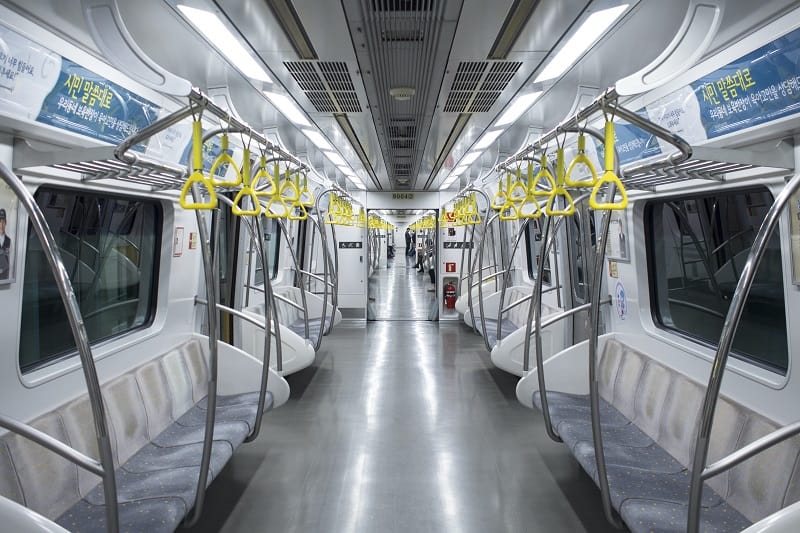
Don’t cross your legs in the presence of other people
This is another custom I never knew was rude, since I grew up being told as a woman that I should keep my legs crossed if I don’t want to look improper. In Korea, however, crossing your legs is a sign of disrespect, though foreigners sometimes get a pass.
If you have to sit across from somebody and you’re wearing a skirt that’s too short for your liking, instead of crossing your legs, aim to straighten your posture and keep your hands on your lap.
Shoving is okay
I know this is something that may confuse you, because in most cultures, shoving is rude. But in Korea they don’t like getting held back or blocked.
So if people shove you in Korea, they may do it with such force that it throws you off balance – but here’s the rub: if you get mad, people will think you’re making a scene. This is totally normal behavior to most Koreans, especially from the elderly, but this fact took me years to accept.
Now that you’ve seen all my most important Korea tips, I hope that my advice will help keep you away from trouble and speed up your acclimating process.

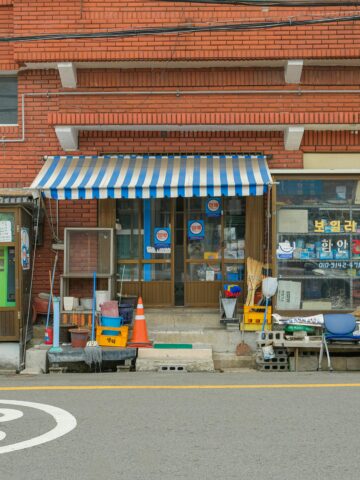



Max Ritchie says
Hi Max,
I'm a Max as well and love all things Korean. I'm planning a trip early next year and will concentrate just on Seoul (as I'll be back). I found your information very helpful and will keep reading.
I'm planning the trip alone and I'm a very active 73yr old female, if i fitted the criteria I would have loved to teach english there so I could experience the country more fully than just a trip.
regards max
Max says
Awww thanks, Max! I'm glad you've found it helpful, and please let me know if you have any questions. My mom (an active 69-year old, herself!) had a similar sentiment when she came to visit me in Korea for the first time. I hope you have a wonderful trip!
Best,
Max